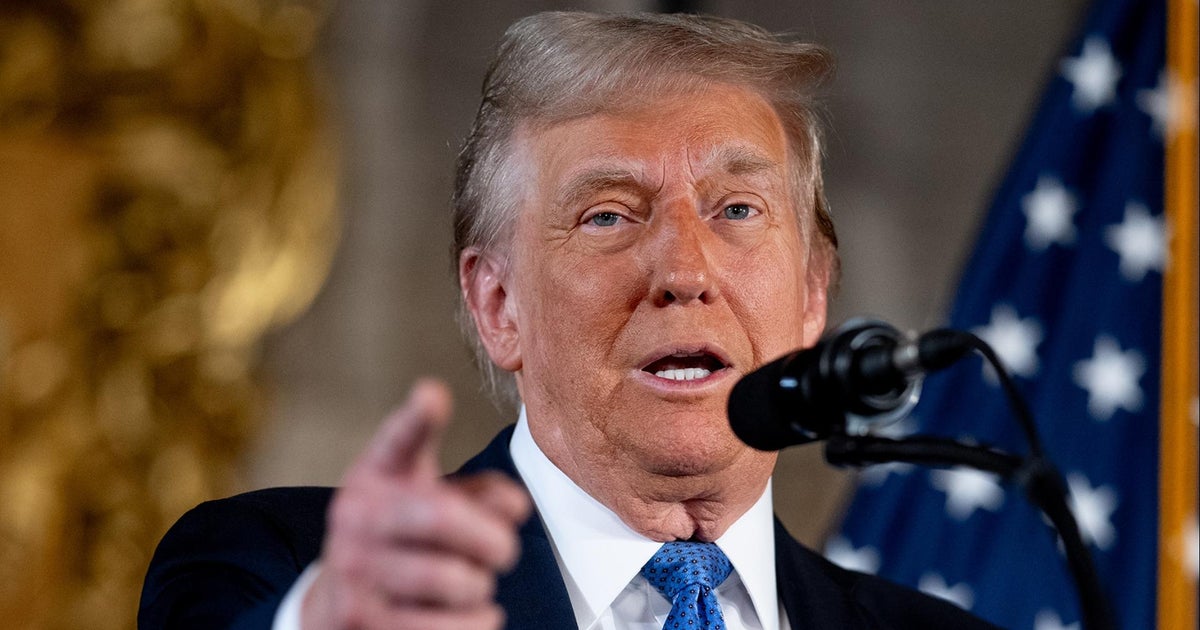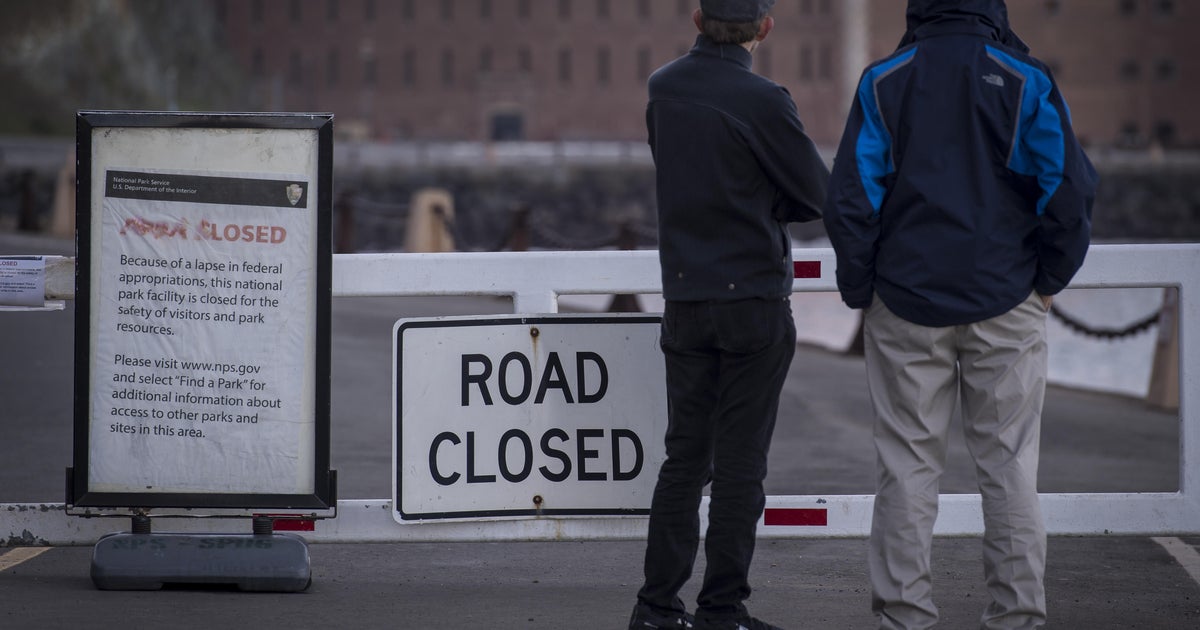Kavanaugh saga's potential lasting impact on the nation
With one floor speech, Sen. Susan Collins decided the fate of a question consuming Capitol Hill, Washington and the country for the past three weeks — and barely 24 hours later, that question's answer was cemented when the Senate voted 50-48 to confirm Brett Kavanaugh on the Supreme Court.
Kavanaugh's confirmation process roiled the country and at times evoked the worst in partisanship and human nature. As Republican Sen. Jeff Flake put it as he called for the FBI review into sexual misconduct allegations against Kavanaugh, "This country is being ripped apart here."
But the turmoil wrought by the process, and the impact it has on Kavanaugh's reputation on the court, could endure.
"It can have a lasting impact," said White House spokesman Raj Shah. "I'm also concerned about the impact on the court. I'm concerned about the impact on future potential nominees. So yeah, it's going to have a lasting impact, it's very unfortunate."
Sen. Dick Durbin, the Senate Minority Whip, told "CBS This Morning" earlier this week he isn't sure what the impact on the court will be. But he compared the situation to that of Clarence Thomas, who was accused during his confirmation process of sexual harassment by Anita Hill.
"He spent 10 years in sullen silence over the experience that he went through," Durbin said. "If we go through and put Brett Kavanaugh on the court, I just don't know what he's going to do at that point. But I don't trust his temperament at this point, his demeanor. That is really a basic element when it comes to jurisprudence."
The allegations against Kavanaugh elicited conversations about the #MeToo movement that could reach into the future.
When Ford testified, callers dialed into C-SPAN with their stories of sexual assault. On air, Fox News' Chris Wallace shared that his daughters told him "stories that I had never heard before about things that happened to them in high school."
Yet, from another perspective held by the president and some of his supporters, the saga has highlighted the importance of the concept of innocent until proven guilty and "due process," as Sen. Susan Collins said in her lengthy and decisive floor speech Friday afternoon.
"Well, I say that it's a very scary time for young men in America, when you can be guilty of something that you may not be guilty of," President Trump told reporters earlier this week. "What's happening here has much more to do than even the appointment of a Supreme Court Justice. It really does."
Republicans hope the battle to confirm Kavanaugh will energize their base for the midterm elections.
Senate Majority Leader Mitch McConnell told The Washington Post that the protests against Kavanaugh have been a "great political gift" to the Republican Party.
"I want to thank the mob, because they've done the one thing we were having trouble doing, which was energizing our base," McConnell told the Post.
Mr. Trump called the Kavanaugh confirmation process — and ensuing backlash — a "rallying cry" for the GOP.
Democrats were already fired up before the Kavanaugh confirmation process — "They're already jacked up to 10, it's personal for them," GOP strategist Ford O'Connell said. But the outrage over Kavanaugh has emboldened "complacent" Republicans, O'Connell said.
But a more fundamental question is at stake, Supreme Court Justice Elena Kagan said Friday night at Princeton University.
"This is a really divided time," Kagan said. "Part of the Court's strength and part of the Court's legitimacy depends on people not seeing the Court the way they see the rest of the governing structures of the country now."



